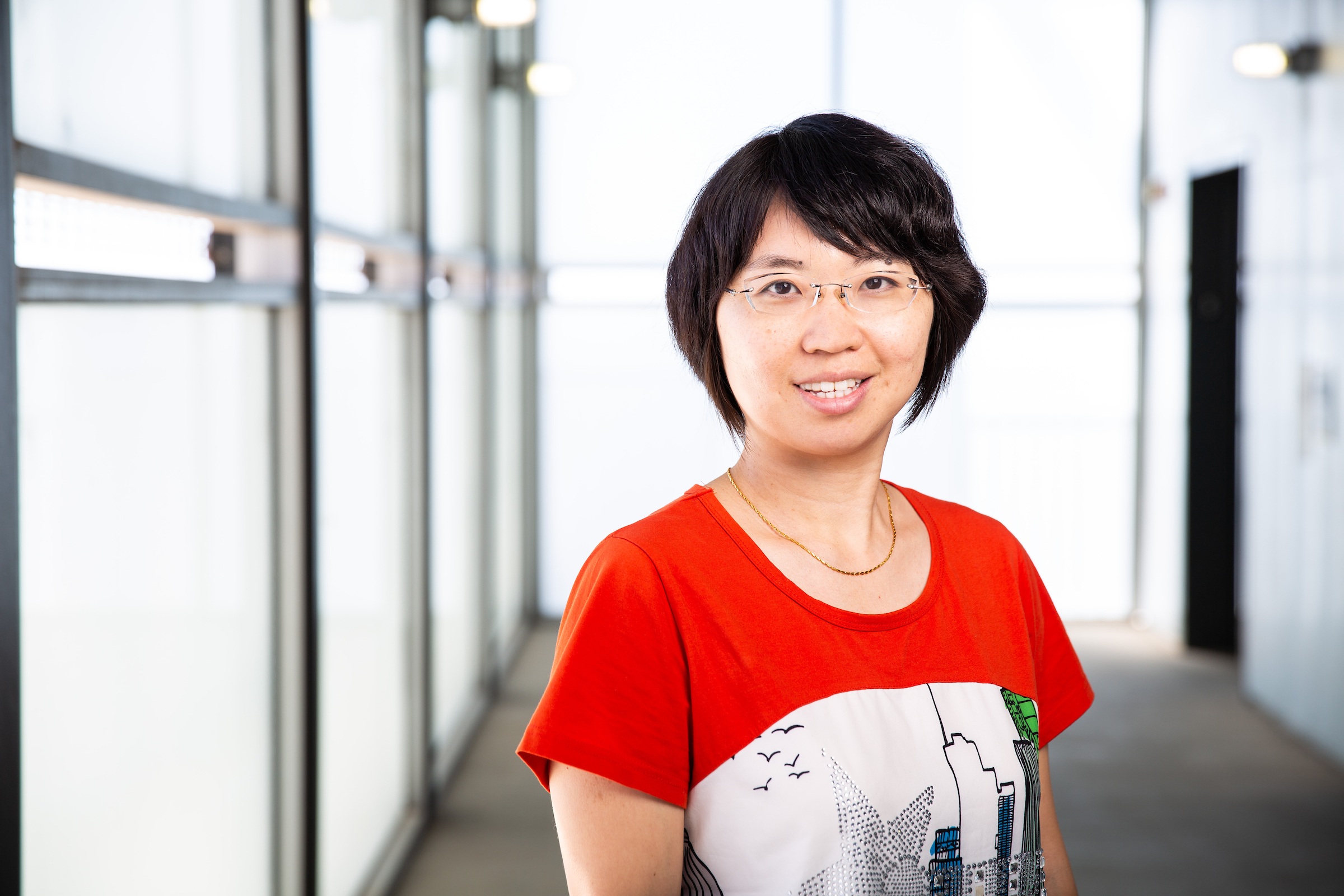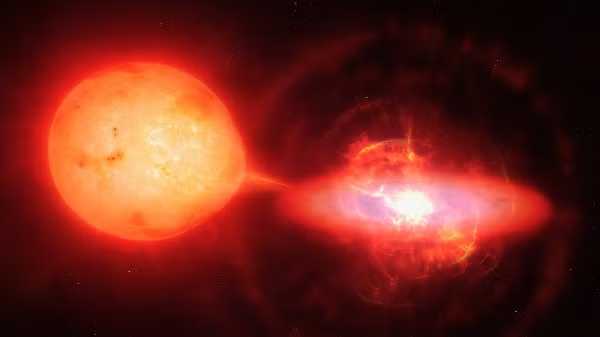Research project aims to build geospatial artificial intelligence for landform detection

A melting pingo (a dome-shaped mound consisting of a layer of soil over a large core of ice, occurring in permafrost areas) with surrounding ice wedge polygons near Tuktoyaktuk, Canada, as seen here via Google Earth. ASU Associate Professor Wenwen Li's research aims to use Terrain AI to map the extent of changes to landforms, such as a melting pingo, associated with melting permafrost and Arctic change.
Earth is enormous, and while humans have done a decent job of being able to map out the boundaries of countries and states, the roads in our cities and the location of geological sightseeing destinations, there remains a lot of the world that isn’t precisely figured out. But a new project from Wenwen Li, associate professor in the School of Geographical Sciences and Urban Planning, aims to learn more about our world and its varying terrain by applying artificial intelligence.
Artificial intelligence, or AI, has already made an indelible impact in daily life. From knowing our commutes or being able to suggest new shoes, what we divulge about ourselves and our habits has created a framework of information as it reveals hidden patterns in how we conduct our lives. The same can be true for our natural world as AI can help to reveal the patterns we haven’t yet discovered.
“GeoAI, or geospatial artificial intelligence, is an exciting transdisciplinary expansion of AI. It links AI with location-based analytics and geospatial big data,” explained Li.
“Today, geospatial data, such as remote sensing imagery, streaming data from internet of things devices, GPS traces from mobile sensors are proliferating. These rapidly exploding data pose significant challenges for traditional analytical tools which were designed in handling 'small' and 'good' data. GeoAI sheds a light on providing a novel data-driven, theory-free way to mine and discover hidden patterns and knowledge from these data.”
The potential for GeoAI could have wide-ranging impact and applications due to how it incorporates machine intelligence and data-driven approaches for geospatial problem solving. Accurate detection and analysis of terrain on a large scale will not only allow us to know more about the changing landscape, but could also provide an important resource for climate change detection and provide detailed information allowing for safer and more efficient search-and-rescue operations.
Specifically, Li’s work in developing a deep learning model, named TerrainAI — a specified form of GeoAI — will investigate novel ways to inject key spatial principles into the machine learning process for more intelligent and automated extraction of spatial patterns and knowledge from multisource remote sensing data. The TerrainAI model is not limited to the study of landforms but is generalizable and applicable to a wide range of computer vision tasks, and therefore has an even greater potential for a major impact in both geography and computer science.

This is Li's fourth project to receive funding from the National Science Foundation.
The importance of Li’s project, “GeoAI for Terrain Analysis: A Deep-Learning Approach for Landform Feature Detection,” was solidified recently when it was selected for funding through the National Science Foundation.
“This is my fourth NSF award as principal investigator, but the first one after I became a mom,” said Li.
“It has been a challenging three years of doing research and teaching while raising a young family. Getting this award is a great encouragement — it makes me increasingly enjoy the joint of life of the mind and joy of motherhood. ”
Li is collaborating on this project with Samantha Arundel from the U.S. Geological Survey. The science advisory committee for the project includes Ronald Dorn, Ian Walker and Mark Schmeeckle, all professors in the School of Geographical Sciences and Urban Planning.
More Science and technology

Stuck at the airport and we love it #not
Airports don’t bring out the best in people.Ten years ago, Ashwin Rajadesingan was traveling and had that thought. Today, he is…

ASU in position to accelerate collaboration between space, semiconductor industries
More than 200 academic, business and government leaders in the space industry converged in Tempe March 19–20 for the third annual…

A spectacular celestial event: Nova explosion in Northern Crown constellation expected within 18 months
Within the next year to 18 months, stargazers around the world will witness a dazzling celestial event as a “new” star appears in…

